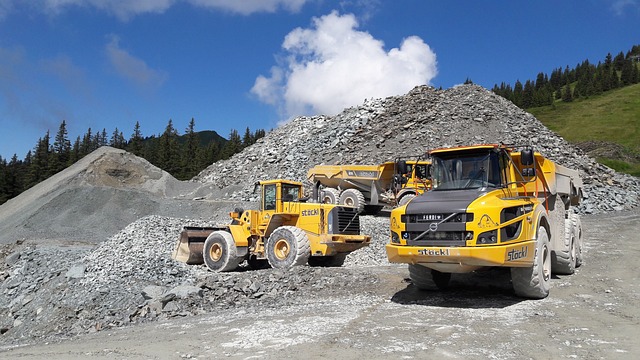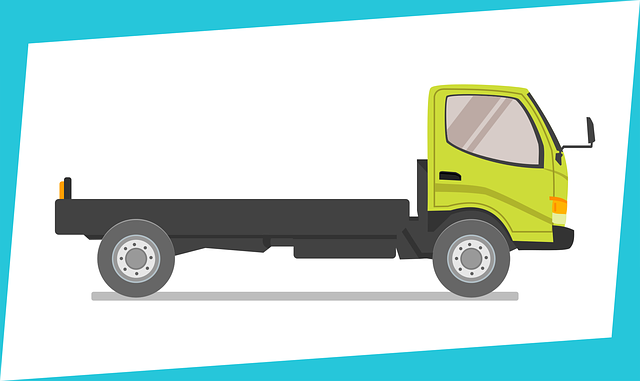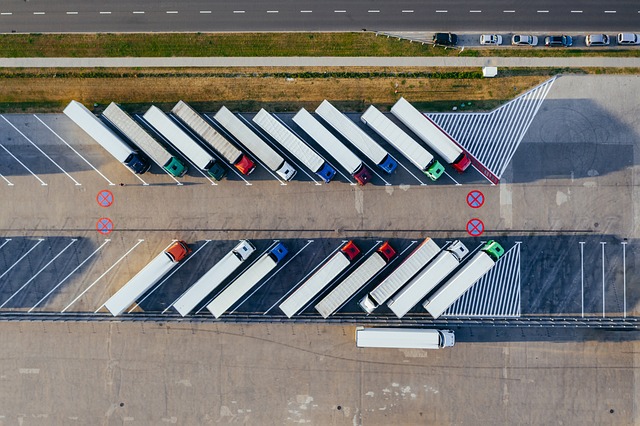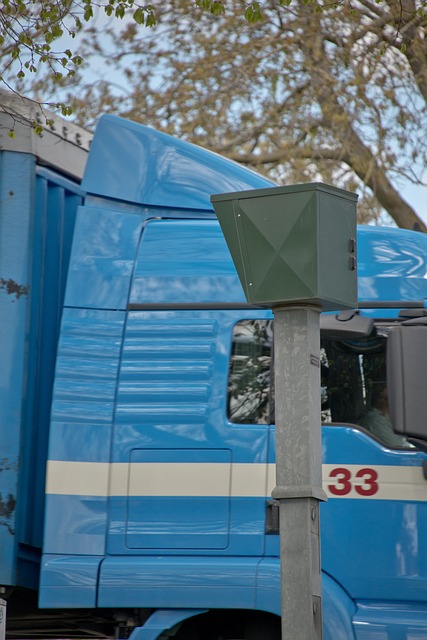For first-time trucking operators, understanding and managing costs is crucial. Primary liability insurance is a top expense, protecting against accidents and related losses. Other significant costs include vehicle acquisition, fuel, maintenance, driver salaries, and permits. Meticulous planning enables smoother financial navigation. Specialised primary liability insurance is vital for legal compliance and risk protection, with varying levels needed based on operations. Cost-effective solutions from alternative insurers can ease the financial burden. Strategic savings measures like eco-driving and technology leverage further reduce operational costs, lowering primary liability insurance expenses overall.
For aspiring trucking operators looking to hit the road, navigating financial complexities can seem daunting. This guide is designed to demystify affordable options, empowering first-time truckers to make informed decisions. We delve into understanding and managing crucial expenses, with a focus on primary liability insurance—an essential yet often costly component. By exploring alternative insurers and practical saving strategies, you’ll discover cost-effective solutions for navigating this new journey.
Understanding the Costs: Breaking Down Expenses for New Truckers

For first-time trucking operators, understanding the costs involved is crucial before hitting the road. The world of trucking comes with a range of expenses that can vary greatly depending on several factors. One of the primary considerations is obtaining primary liability insurance, which is essential for protecting against potential risks and damages during operations. This type of insurance covers losses or injuries resulting from accidents caused by the trucker’s negligence.
Breaking down these costs helps new operators make informed decisions. Besides insurance, significant expenses include vehicle acquisition or leasing, fuel costs, maintenance and repairs, driver salaries (if hiring), and various permits and licensing fees required to operate legally. By meticulously planning and managing these aspects, aspiring truckers can navigate the financial landscape more effectively and ensure a smoother transition into the trucking industry.
Navigating Primary Liability Insurance: Coverage Needs and Options

Navigating Primary Liability Insurance is a crucial step for first-time trucking operators looking to enter the industry safely and affordably. This type of insurance protects against claims related to property damage or personal injury caused during the course of your operations. Understanding your coverage needs is essential, as different scenarios require varying levels of protection. For instance, if you’re hauling hazardous materials, specialized coverage may be necessary to comply with regulations.
Options for primary liability insurance can vary widely in terms of cost and scope. It’s important to shop around and compare policies from multiple providers to find the best fit. Consider factors like deductibles, limits, and exclusions when evaluating different offerings. Remember, while cost is a significant consideration, ensuring adequate coverage is paramount to protect your business and personal assets should unforeseen events occur.
Exploring Cost-Effective Solutions: Alternative Insurers and Policies

Many first-time trucking operators often find themselves overwhelmed by the financial considerations, particularly when it comes to insurance. However, exploring cost-effective solutions can make this journey smoother. One such avenue is considering alternative insurers and policies. Traditional insurance providers might offer comprehensive packages, but they can be expensive for newcomers. Instead, exploring specialized or non-traditional insurers can provide more affordable options. These insurers often focus on specific sectors, like trucking, allowing them to offer tailored policies at competitive rates.
Primary liability insurance, a crucial component for any trucker, is available from these alternative providers. It shields operators against financial losses due to accidents or damages caused during transportation. By shopping around and comparing policies, first-time operators can secure adequate coverage without breaking the bank. This strategy not only ensures compliance with legal requirements but also offers peace of mind, enabling new trucking businesses to focus on growth and success.
Tips for Saving on Operational Costs: Beyond Insurance Strategies

First-time trucking operators can significantly reduce operational costs by implementing strategic savings measures beyond simply optimizing insurance policies, such as focusing on fuel efficiency and regular vehicle maintenance. Adopting eco-driving practices, like gentle acceleration and steady speed, can lower fuel consumption. Regular checks and prompt repairs for issues like worn tires or faulty engines prevent larger, costlier breakdowns down the line.
Additionally, leveraging technology offers substantial savings. Telematics devices that monitor driving behavior provide valuable insights to improve efficiency and safety. Furthermore, utilizing load-planning software enables more optimal routing, minimizing empty miles driven and enhancing overall productivity, which translates into lower operating expenses.
For first-time trucking operators, navigating the complex world of transportation costs can seem daunting. However, by understanding the various expenses involved and strategically choosing cost-effective solutions, it’s feasible to launch a successful operation without breaking the bank. This article has provided insights into breaking down trucker expenses, exploring alternative insurance options for primary liability coverage, and implementing saving strategies beyond insurance. Remember that affordable options exist, and with careful planning, new truckers can hit the road with confidence and financial stability.
